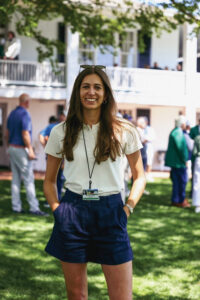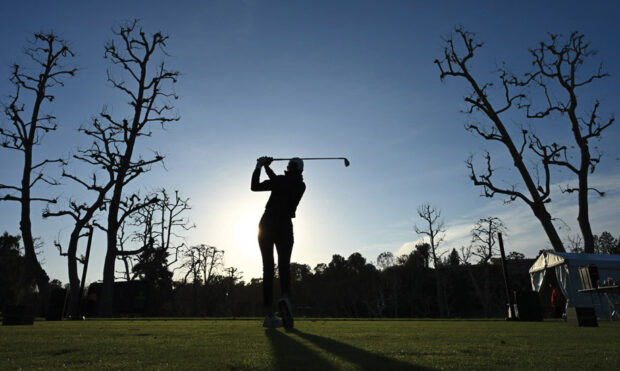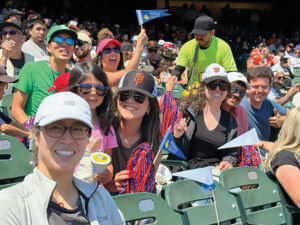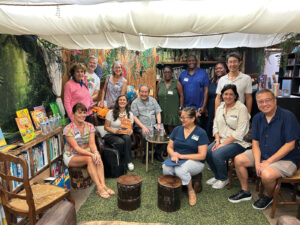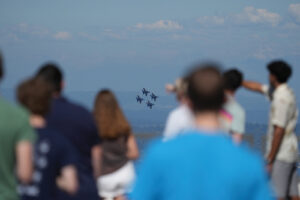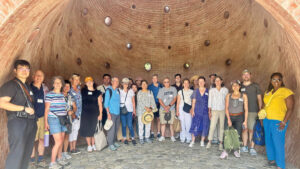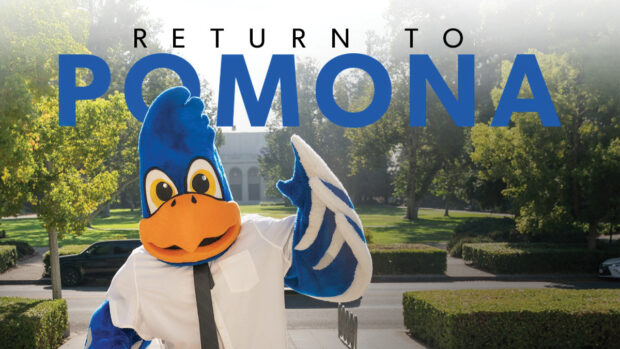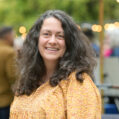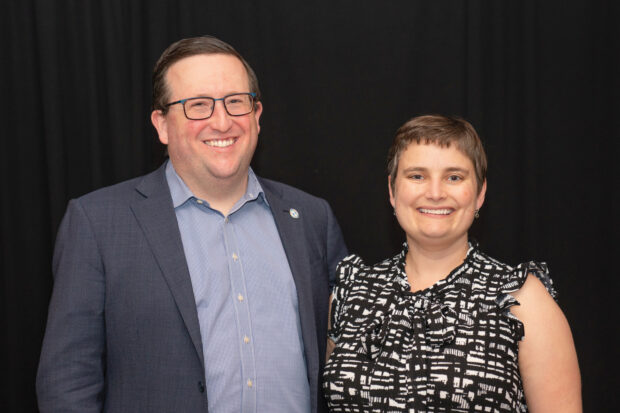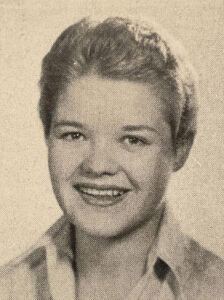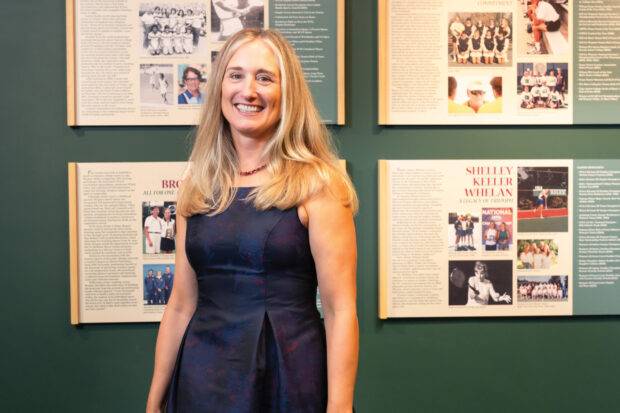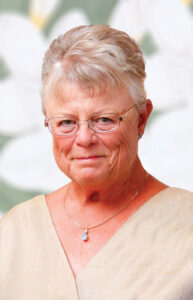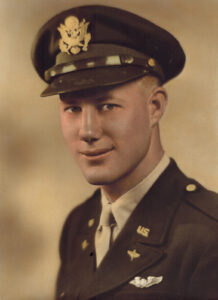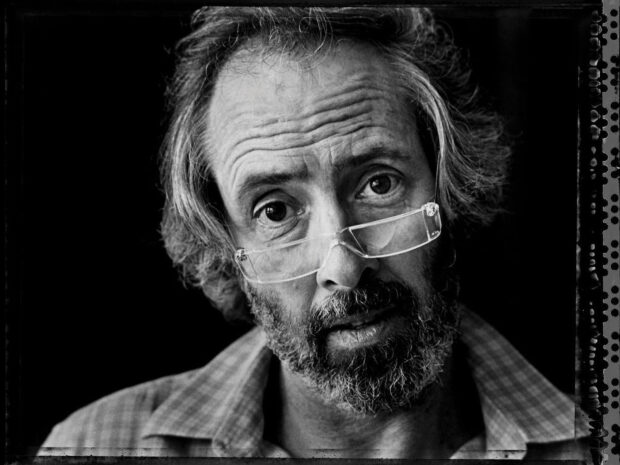Last fall Gordon Elnagar ’24 asked the alumni Facebook group a question that spurred a wide and often whimsical discussion:
“What are some life lessons you’ve learned since graduating from Pomona?”
Here are a few highlights!
“I am a geologist and work with construction crews comprised of people who did not finish high school, but are trained tradesmen and craftsmen [who] I have learned so much from. Education is not intelligence. Understanding this will allow you to learn from others and keep from looking foolish.”
—Rebekah Westrup ’89
“Be curious about other people. Challenge yourself to ask questions to really get to know someone more deeply. Career-wise, don’t be afraid to do new things.”
—Kristin Horne Johnson ’93
“Keep your standard of living as low as possible for as long as possible. Save for retirement. Exercise and eat vegetables. Sleep enough. Get a bunch of friends and maybe a pet.”
—Anna Turner ’15
“You regret much more what you don’t try than any consequences from what you do try. Also, your work will never replace the time your family, friends and soul demand of you.”
—Andrew Minkin ’93
“Put energy into your relationships. Life will almost certainly not turn out as you planned. And when life knocks you to your knees, it is the people in your life who will help see you through. The research is very clear: the true key to a happy life is good connections with others.”
—Bill Patrick ’90
“Everybody has something to teach you. Don’t look down on people whose opinions differ from yours. Stand up for your values, even if you’re the only one in the room speaking up. Use the critical thinking skills Pomona has taught you.”
—Becky Jones ’83
What are some life lessons you’ve learned since graduating from Pomona?.”
—Gordon Elnagar ’24
